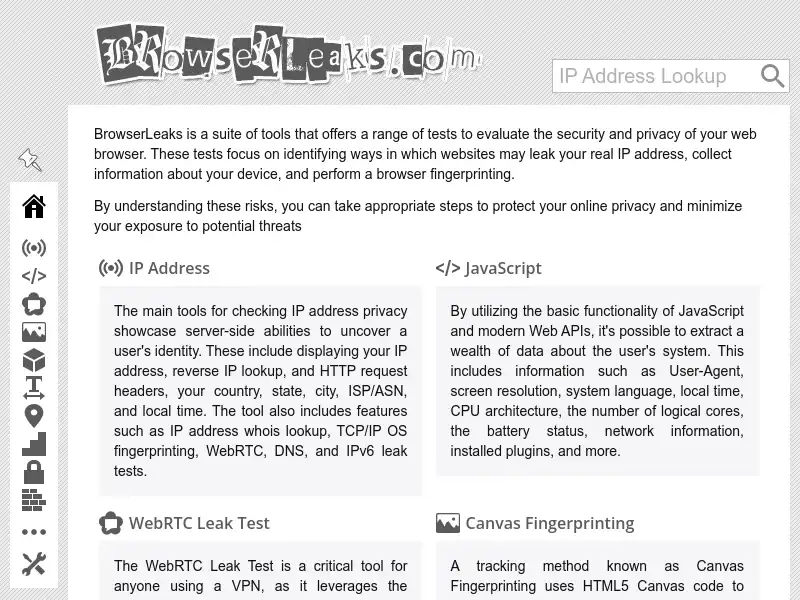

BrowserLeaks is a suite of tools that offers a range of tests to evaluate the security and privacy of your web browser. These tests focus on identifying ways in which websites may leak your real IP address, collect information about your device, and perform a browser fingerprinting.
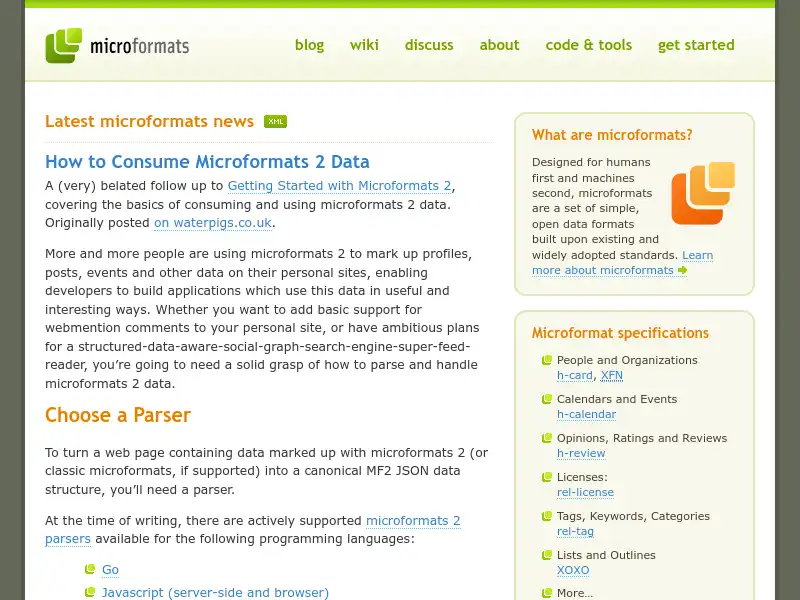
Designed for humans first and machines second, microformats are a set of simple, open data formats built upon existing and widely adopted standards.
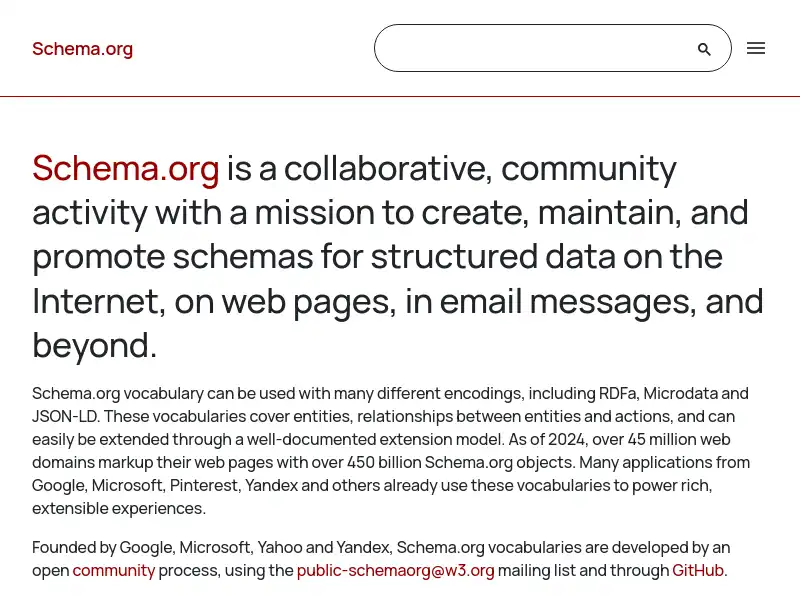
Schema.org is a collaborative, community activity with a mission to create, maintain, and promote schemas for structured data on the Internet, on web pages, in email messages, and beyond.
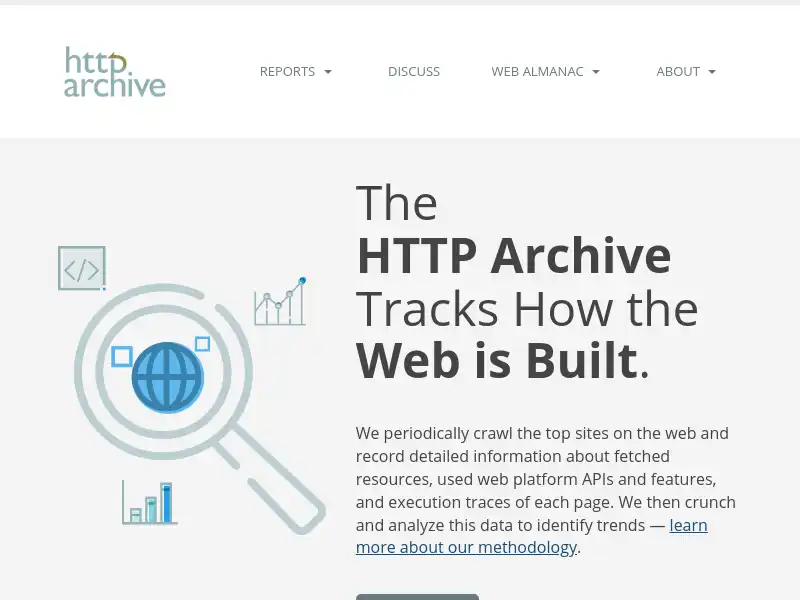
The HTTP Archive tracks how the web is built. We periodically crawl the top sites on the web and record detailed information about fetched resources, used web platform APIs and features, and execution traces of each page.
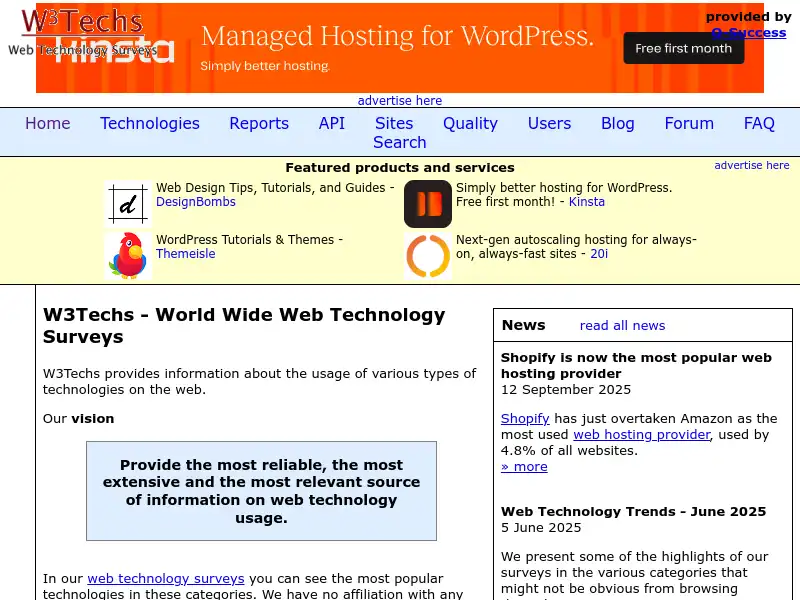
W3Techs provides information about the usage of various types of technologies on the web.
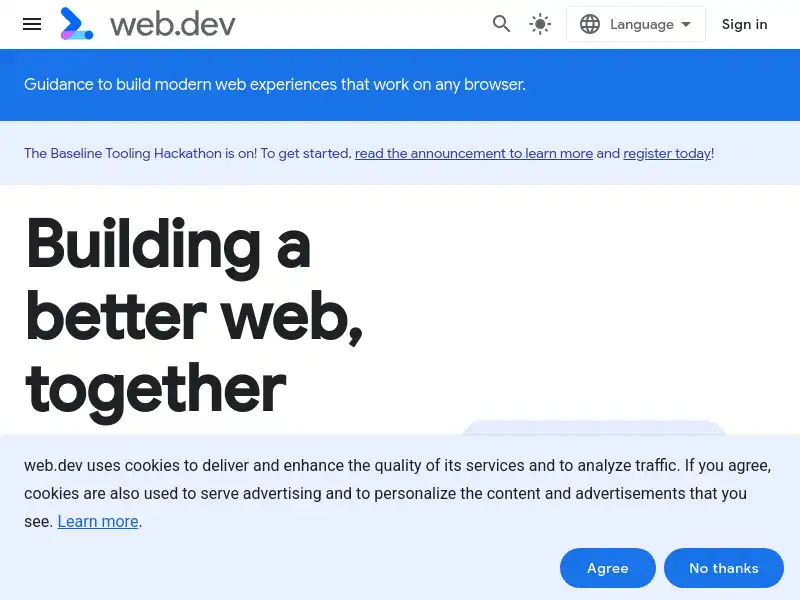
We want to help you build beautiful, accessible, fast, and secure websites that work cross-browser, and for all of your users. This site is our home for content to help you on that journey, written by members of the Chrome team, and external experts who specialize in web development topics such as accessibility, performance, design, and more.
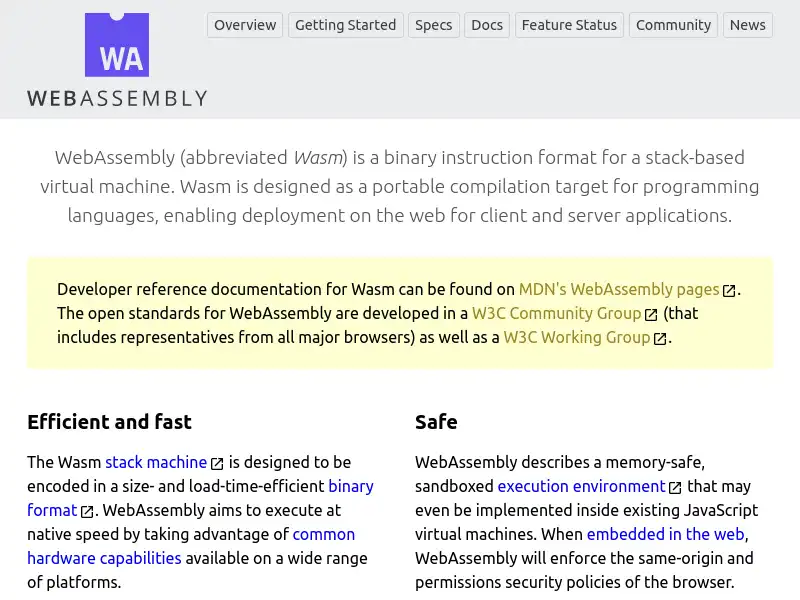
WebAssembly is a binary instruction format for a stack-based virtual machine. Wasm is designed as a portable compilation target for programming languages, enabling deployment on the web for client and server applications.
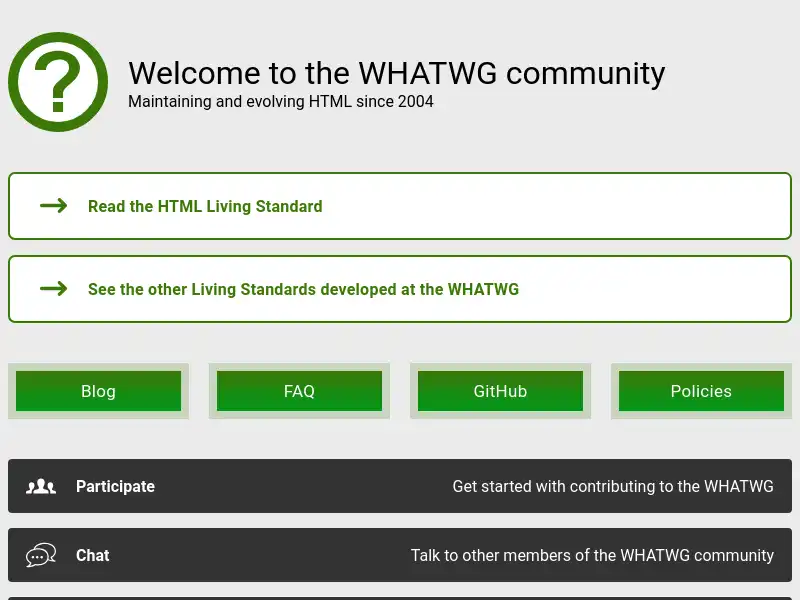
The Web Hypertext Application Technology Working Group (WHATWG) is a community of people interested in evolving the web through standards and tests. Everyone can contribute. There are no memberships fees involved; it’s an open process.
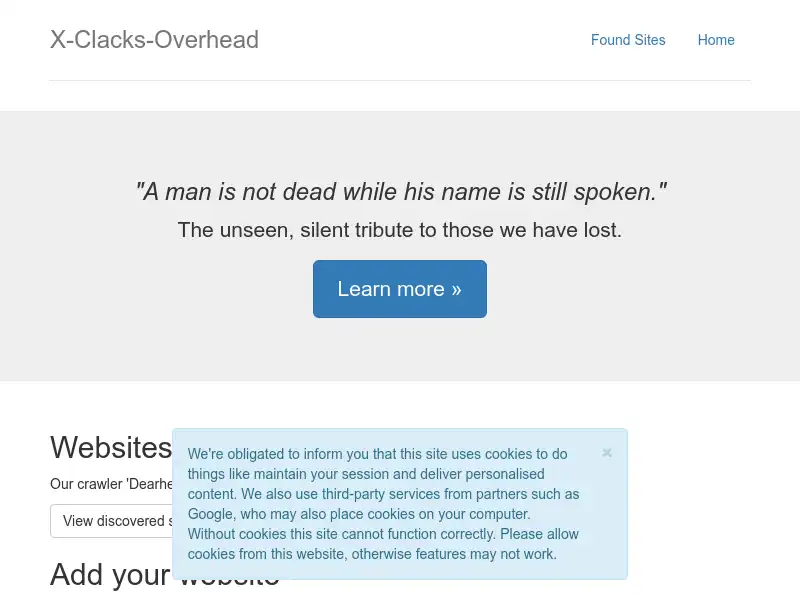
The X-Clacks-Overhead HTTP Header allows web authors to silently commemorate someone through the use of a non-invasive header that can be transmitted from server to server, or server to client without operational interference.